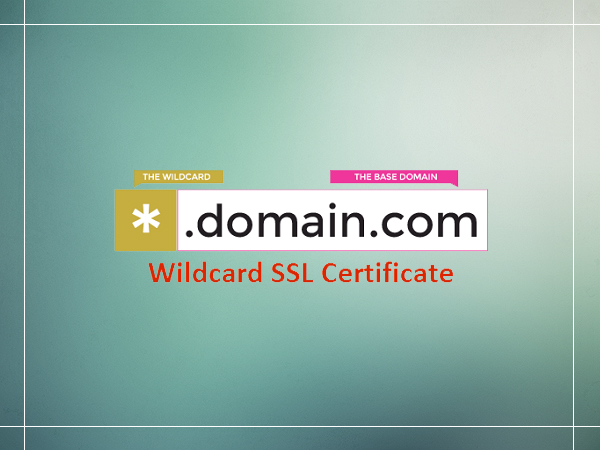Knowing the correct SSL certificate to pick for your site can be a head-scratcher. Choose the wrong one and you’re stuck with something that isn’t ideal for your particular website situation. Maybe you’ve been told you need a Wildcard SSL certificate, but you aren’t really sure what it’s for. No worries, we’re here to explain!
To begin with, let’s briefly touch on the three main types of SSL certificate, based on how many domains you need to protect. It should be noted that all three of these have the same level of encryption (all SSL certificates do). You also have the option of purchasing them in three different levels (DV, OV, and EV) which basically refers to the level of background checks a Certificate Authority will do before issuing your certificate.
The three SSL types are:
- Standard SSL: This is the most basic type of SSL. Ideal if you have only one domain and no subdomains.
- Multi-Domain SSL: Generally reserved for big businesses and vast enterprises with multiple websites, this secures multiple domains as well as their subdomains.
- Wildcard SSL: This SSL secures a single domain and unlimited subdomains connected to it. For example, for “awebsite.com” you can protect subdomains like, “mail.awebsite.com” or “payment.awebsite.com” You can even add more subdomains later.
As said, today, we’ll be focusing on the last one. Wildcard SSLs can be a little more confusing to people. Why would someone have multiple subdomains? And why is a Wildcard SSL the best choice to protect them? There are plenty of reasons! Here are just a few:
- The most common scenario for a website with many subdomains is a large business with various product lines, offerings, and audiences. For instance, a website might have an e-commerce subdomain (shop.awebsite.com), a blog section (blog.awebsite.com), a mobile version (m.awebsite.com), or even different language versions of their site (espanol.awebsite.com).
- Often development teams utilize subdomains for test websites or applications in a development environment. A Wildcard SSL provides a simple way to secure them.
- Sometimes, subdomains are hosted on multiple servers. Wildcard SSLs can be installed on all server types, and several if needs be.
Wildcard SSLs really stand out when it comes to cost and convenience. You need only install your certificate once and it will protect all your subdomains, as well as any you add in the future. So, if you decide to expand your website, you won’t need to get a certificate reissued for each one. Using one certificate for multiple subdomains means that you only have one certificate to worry about. With regards to renewals, it’s far more convenient to keep track of one certificate than separate ones with different expiry dates for each subdomain.
If you have multiple subdomains, or are interested in expanding your site in the future, a Wildcard SSL certificate is really the ideal choice.
